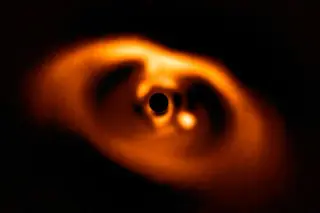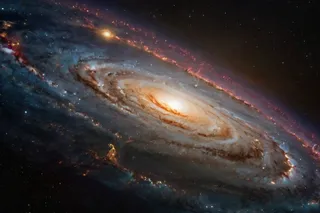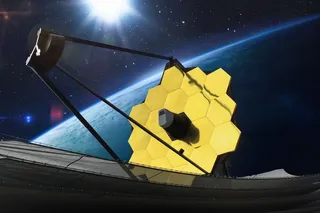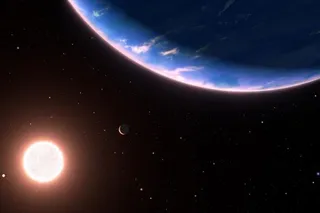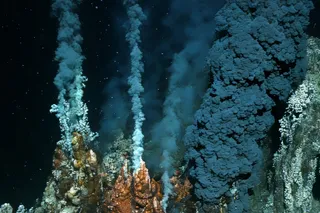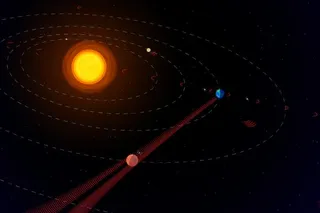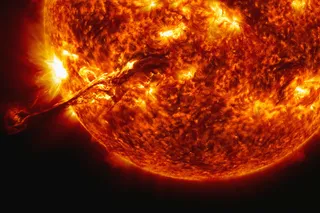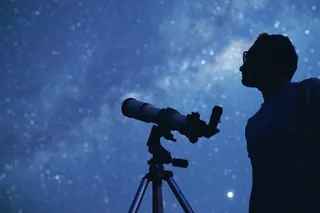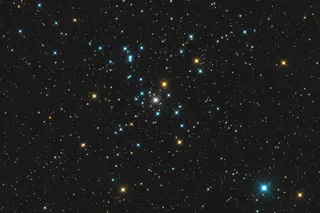When we say something is a “chip off the old block,” that generally means the new thing shares basic characteristics of the object from which it originated. In pebbles, that literally means the smaller stone’s mineral composition matches that of the larger rock from which it broke. For people, that means personality traits, DNA, resemblance to a parent.
But for young planets, that appears not to be the case. Using a relatively new, highly sensitive imaging technique, astrophysicists examining both the disc of dust and gas that coalesces to form a planet — as well as the planet itself — found a significantly different ratio of two key chemical components. A team of astrophysicists reported this unexpected finding in Astrophysical Journal Letters.
“The disc has a lot of carbon compared to oxygen and the planet doesn’t,” says Jason Wang, a Northwestern University astrophysicist and an author on the paper. “That ...


